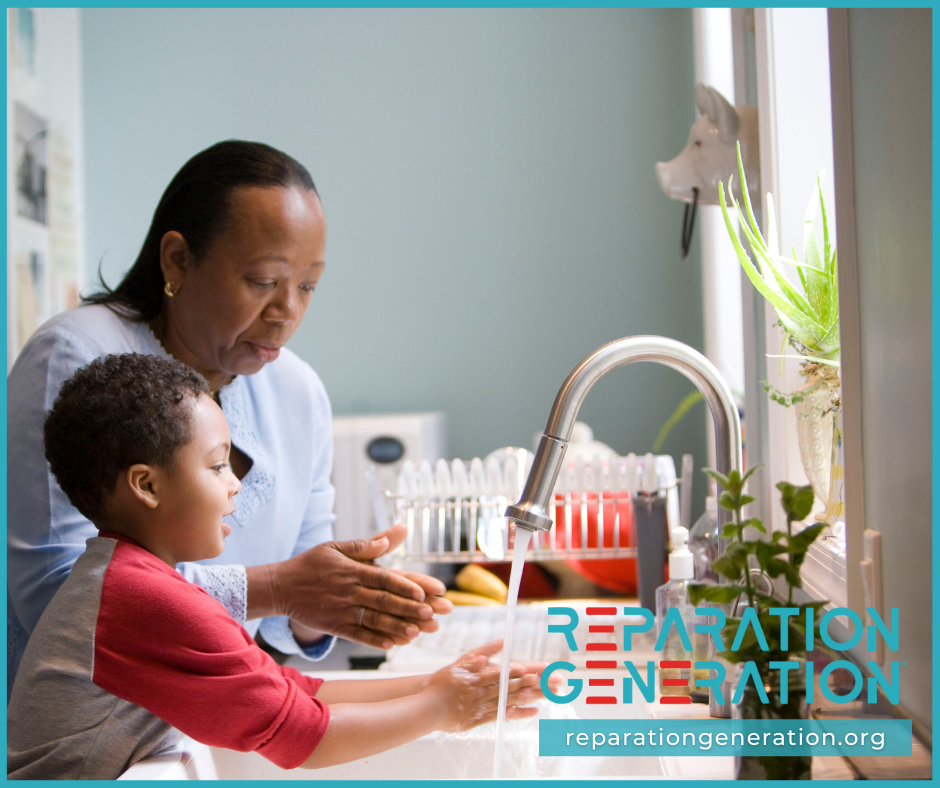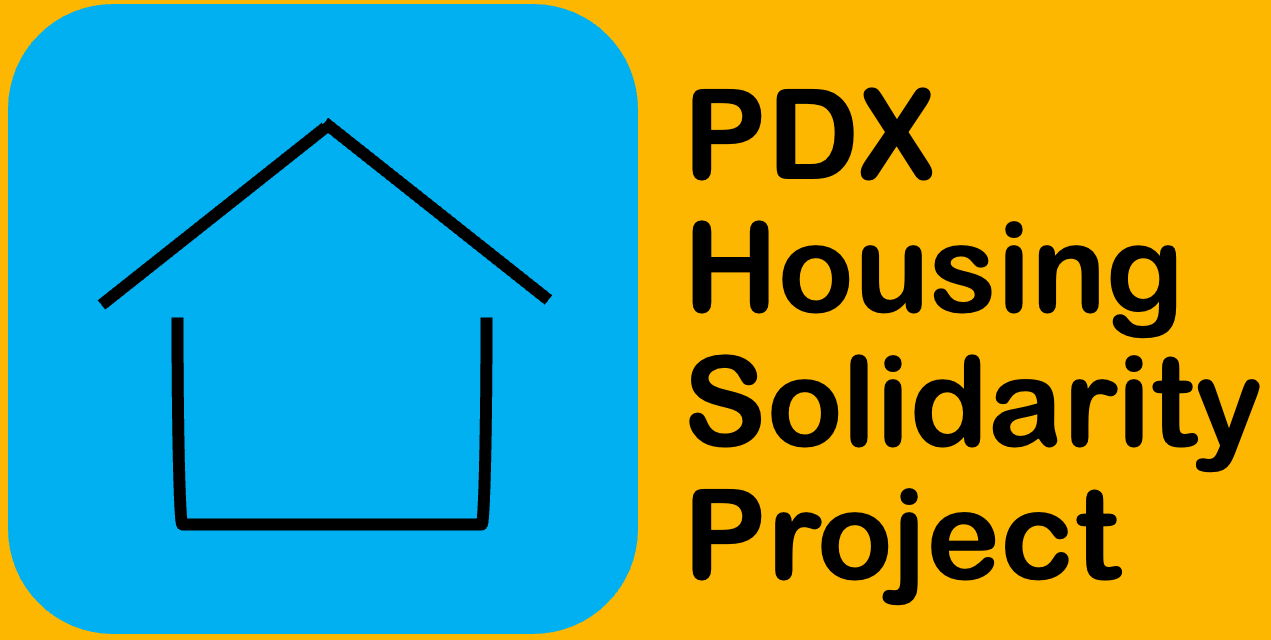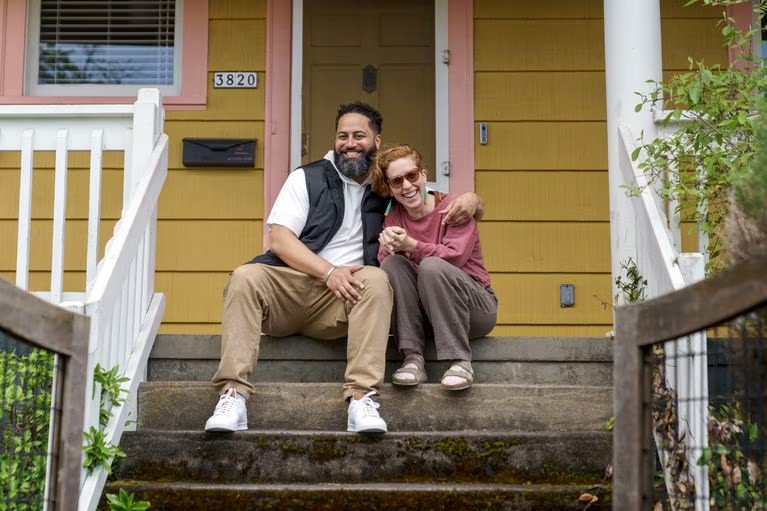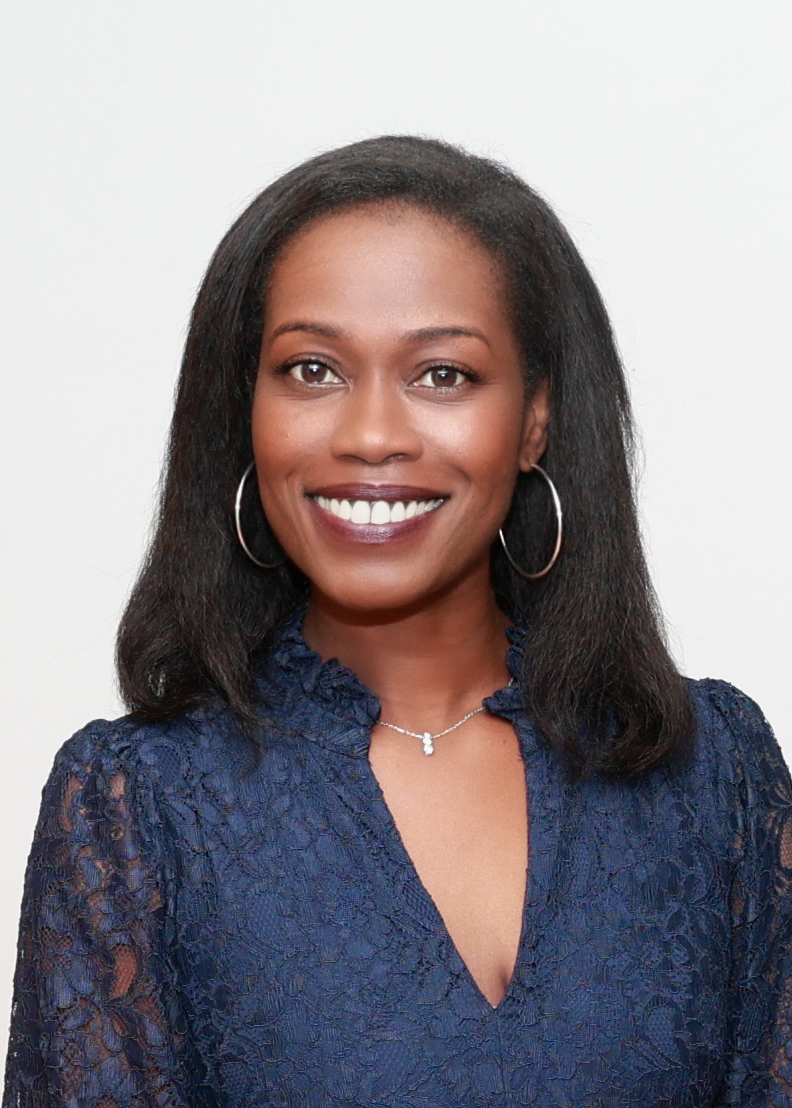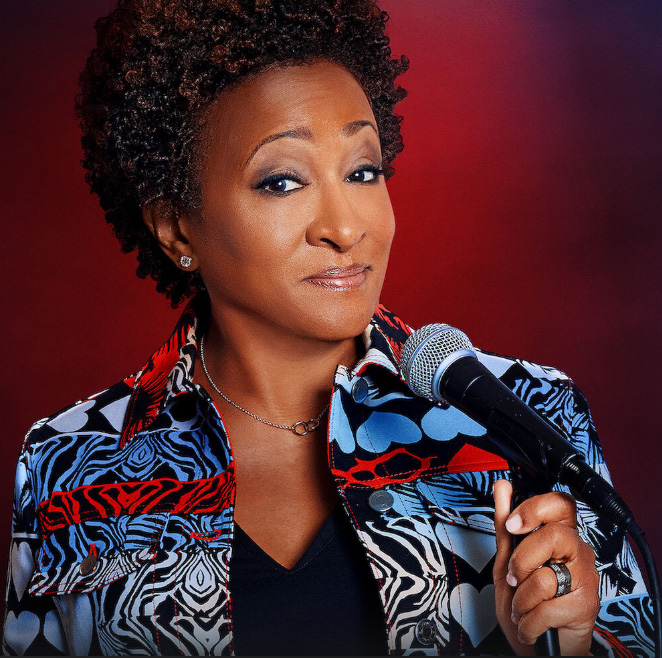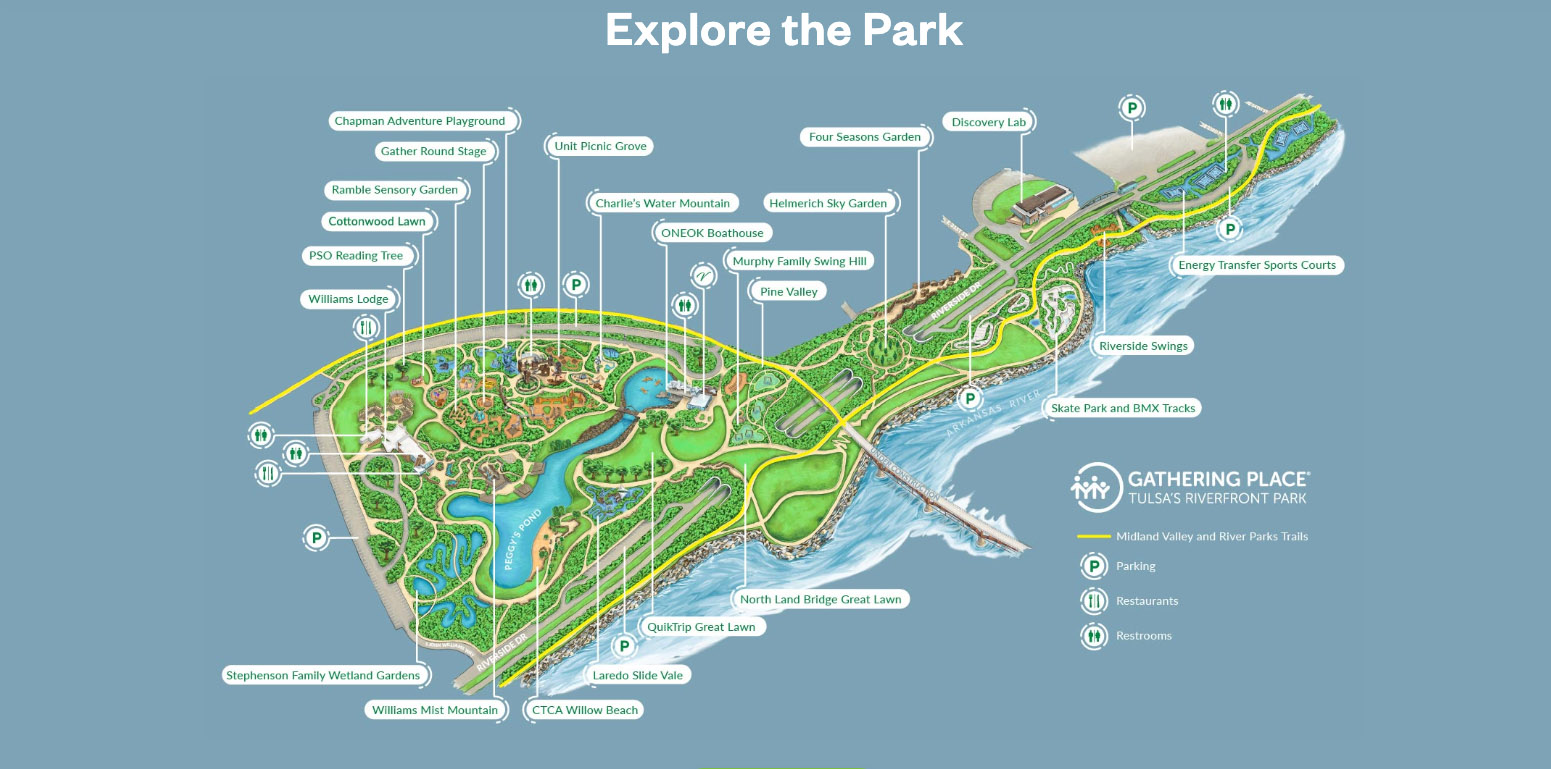|
|
We seek to create a more perfect union to benefit every American |
|
Hello Friends,
In the summer of 2020, we were overcome by feelings of hopelessness. In the wake of the murders of George Floyd, Ahmaud Abery, Breonna Taylor, the Founders of Reparation Generation, eleven Black and seven white Americans, came together to acknowledge, reflect, debate, and chart a new path, from problem to possibility. Our mission is to advocate for the day when federally funded reparations for Black American descendants of chattel slavery is realized; but, we are not waiting, we are modeling programs of “reparations in real time” that can
David Mayer, Co-chair |
|
|
Reparations in the News
|
|
RepGen Updates
|
|
|
|
|
Reparation Leaders: PDX Housing Solidarity Project In this exclusive interview with members of the PDX Housing Solidarity Project, we learn how this Portland based organization is making waves with their innovative model for reparations.
|
|
Reparation Leaders: PDX Housing Solidarity Project
PDX Housing Solidarity Project is a collective of Portland-based activists organizing people to redistribute wealth to support homeownership for our Black and Native neighbors. We do this through:
We kicked off in spring 2022, and so far we have supported 7 families in becoming homeowners!
We give people with housing-related wealth a tangible way to demonstrate solidarity with Black people in our communities. What do we mean by housing-related wealth? We ask people to consider:
Some folks consider this work to be mutual aid, while others consider it a form of reparations. While many movement leaders define reparations as requiring action across governments, institutions, and the private sector, we created the PDX Housing Solidarity Project to help people take action in their daily lives — while we organize collectively for reparations on a national scale. We are grateful to the Movement for Black Lives for their resources on reparations as well as other Black-led organizations’ long-standing activism.
We’ll also note that no money passes through us — we simply make connections between prospective homebuyers and people with resources. And, we are not a nonprofit, which allows us to be nimble, avoid requiring homebuyers to comply with the red tape or grant applications required by other organizations, and challenge redistributors to see the value of their acts beyond tax write-offs.
One of our co-founders, Annie Moss, was ready to sell their second home in 2020. Annie, who had been practicing wealth redistribution with Resource Generation and reflecting deeply on their values, determined that home was important to them and wanted to extend the benefits of homeownership to someone else. Specifically, they wanted to transfer ownership of the home, which was in Portland’s historically Black and now heavily gentrified neighborhood of Albina, to a Black family – and maximizing their own profit in the sale wasn’t a priority.
Annie struggled to find guidance about how to do this, and eventually connected with Randal Wyatt, an activist who had created an organization called Taking Ownership PDX, which does critical work renovating and reviving Black-owned homes to enable Black homeowners to age in place, generate wealth, and deter predatory investors and realtors to deflect the gentrification process.
Annie thought Randal may know someone who would be interested in buying their home. But Randal himself was interested — he couldn’t afford to purchase a home in the Albina neighborhood he grew up in, with average home prices now around $700,000. Annie ended up selling the home to Randal and his two sons for just what was left on the mortgage, gifting them around $400,000 in equity.
After that, Annie and Randal heard interest from friends, community members, and people involved with Resource Generation who wanted to do something similar and to spread the word that such acts of redistribution were possible. A handful of organizers gathered and spent some time designing structures and resources to make this happen, and today we’ve grown our organizing group, created a listserv of 120 people interested in housing-related wealth redistribution, and built relationships with a number of aspiring Black and Native homebuyers in Portland.
You can read more about PDX Housing Solidarity Project’s origin story in this recent Oregon Public Broadcasting article. |
|
|
Randal Wyatt and Annie Moss, two of PDX Housing Solidarity Project’s co-founders, sit in front of the home Annie sold to Randal for what was left on the mortgage — gifting him and his family a large amount of equity Annie had built up in the home. |
|
Yes! One of our homebuyers grew up in Northeast Portland. He’s a single dad of 4 kids (ages 7, 9, 10, and 12). He has a great job as an engineer, but without intergenerational wealth and in Portland’s current housing market, it was challenging to afford a home big enough for his family of 5. His hope was to buy a house in a safe neighborhood – a home that will stay in the family for decades so that his kids can bring their kids over to celebrate Christmas and Thanksgiving.
He had been trying to buy a house since 2012, and we started working with him in September 2022. Within 8 months, he had found a home.
The PDX Housing Solidarity Project community supported his journey in many ways, including:
We learn more each time we support a Black and/or Native first-time homebuyer, and we’re grateful to this homebuyer for exploring possibilities and learning alongside us.
One of the great things about Portland is that, compared to more conservative places, there are many people talking the talk of racial equity. We are excited to help them walk the walk. However, like all American cities, Portland has a long history of racism in city planning and housing policy. These systems are not taught in schools and often not spoken about openly, meaning our history of racism is both deeply entrenched and largely hidden from view.
The state of Oregon was founded with a “Black exclusion law” in its constitution that banned slavery, but also banned Black people from residing or owning property in the state. Scholars call this an attempt to make Oregon a “white utopia”. The Donation Land Claim Act granted vast swaths of stolen Indigenous land to white settlers for free, which formed the land ownership patterns we see today.
And Portland’s city building efforts include a history of exclusionary zoning, racial covenants, racial steering, redlining, “urban renewal” through eminent domain, predatory lending, and other practices by the public and private sectors. Today in Oregon, about two thirds of white people own their homes, compared to one third of Black people, and the numbers are similar for other communities of color.
PDX HSP tries to address this by using education as an outreach and recruitment strategy — many of our events begin with a history lesson that tells a part of the story of how we’ve arrived at the deep racial disparities in homeownership we see today. We hope that equipping people with this knowledge — and, importantly, actions they can take to change it — will help Portlanders live up to their expressed goals of racial equity.
Welcome! None of us are experts, and we are all learning as we go, drawing from generations of activism by Black and Indigenous leaders and examples from non-Black and non-Indigenous people who have conspired with them.
While we advocate strongly and urgently for governmental-scale reparations, we are ready to do something within our own power in our daily lives. This looks different for everyone based on their own identity and where they are in life, but it’s never too late to start planning and/or redistributing. For example, younger folks can give what they can now and plan bigger actions for later, and people approaching or in retirement can think about ways they can best use the assets they have access to.
And redistribution can happen at any scale. This could mean everything from chipping in $25 to a fundraiser, directing a percentage of your monthly income to racial justice organizations, redistributing the profit when you sell a house, or deeding your land to an Indigenous organization.
At any time, we invite the “reparations curious” to deeply consider what is “enough” for them, practice building security in ways other than wealth accumulation, and push beyond their comfort zone or the comfort zones they have been encouraged to adopt.
Spread the word to your family and friends, especially if they live in or have built wealth in Portland! And talk to your community about reparations, wealth redistribution, and racial justice, wherever they may live.
We also love talking with people across the country doing similar work. You can learn more about us at www.pdxhousingsolidarity.org and get in touch with us at pdxhousingsolidarityproject@gmail.com.
Additionally, you can make a donation to Taking Ownership PDX, one of our partner organizations. Taking Ownership renovates and revives Black-owned homes as an anti-gentrification and housing security strategy. Recurring donations and/or large gifts are especially helpful.
Thank you so much!
|
|
|
|
Genealogy Corner with Kellie Farrish |
|
|
Reparation Generations Program committee chair and professional genealogist Kellie Farrish is an advisory participant concerning reparations eligibility based on race or lineage for California’s AB3121 Reparation Task Force. Kellie spent 15 years helping African-American families trace their ancestry. She also facilitates workshops on transforming race narratives and dismantling systems of racial inequality. Prior to Kellie’s work in training and genealogy, she worked for 20 years in the banking and finance sector for major US institutions.
|
Juneteenth: A Time to Come Together, and Document our History! |
|
Juneteenth is a crucial part of American history, celebrated on June 19, marking the day in 1865 when the last enslaved African Americans in Galveston, Texas, were notified that they were free, about two and a half years after President Lincoln's Emancipation Proclamation.
For African Americans, celebrating Juneteenth is a way to honor and remember their ancestors who endured the brutalities of slavery. It is also a time to acknowledge the strength, resilience, and spirit of those ancestors. This celebration provides an opportunity to learn about the hardships and triumphs of the past and to draw upon that strength in the pursuit of a better future. It is a chance to keep alive the narratives that are often neglected in traditional history books. The best way to preserve this legacy and to remember African American ancestral contributions to the American culture is through ancestry research, delving into available records that can provide a glimpse into the lives of these American Freedmen. While there are many historical documents available to perform this research, there are millions of documents that have yet to be digitized and made available to the public. It is critical that universities, colleges, and research centers understand the crucial role they play in preserving and promoting the knowledge of our collective past. Many institutions possess collections of historical documents, artifacts, and other materials related to African American history that have not yet been fully cataloged, digitized, or made accessible to the public. By digitizing these collections and making them publicly available, these institutions can contribute to a fuller understanding of history, and help provide the necessary information to make reparations a reality. |
|
Juneteenth should be a day that Universities recommit themselves to making this information available. This process often requires significant monetary resources and thousands of hours of research, so advocating for funding and support for these projects is critical. While there are several universities making this information available, there are several universities, counties, libraries and rural court houses that have not begun the work, making it difficult to research African American ancestry as far back as their presence in the United States extends.
For White Americans and all others, acknowledging and commemorating Juneteenth can be an act of allyship and solidarity. This can take many forms, such as educating oneself and others about the history of slavery and its continued impacts on present-day society and advocating for policies and practices that address systemic racism, such as disparities in wealth, education, healthcare, and criminal justice. The date can serve as a powerful reminder of the enduring effects of slavery on Black communities. It's a chance to spotlight the systemic injustices, economic disparities, and social inequities that can be traced back to slavery and segregation. Contributing to Reparation Generation, whose primary aim is to raise awareness about these disparities, is a great way to begin this journey of understanding, healing and commemoration. |
|
|
|
|
Wanda Sykes on Reparations The talented comedian Wanda Sykes shares her opinion on reparations in her new Netflix special, Wanda Sykes: I’m An Entertainer.
“And you know what? Whenever reparations are brought up, we always hear the pushback, and the argument is always: Why should I have to pay for something that I had nothing to do with?
Ok…Well. Some of you have trust-funds. You ain't earn that. Some of you have homes and businesses that you didn’t build but they have been passed down generation from generation in your family, right? Great, great, grandpappy left us something.
But you accept it, so think of reparations as part of your inheritance. |
|
|
|
Why Reparations? The Story of Two American Dreams In this segment, we hear from RepGen’s own David Mayer and Robin Mills on how racial discrimination in the GI Bill shaped the destiny of two families. |
|
Robin Mills
Born in 1979, a proud Black woman, I am the descendant of Annie Bradley, my great-great-great grandmother who was born into slavery in the 1830s. I was raised to believe that if I did well in school and went to college, I could get a good job and achieve the American dream of owning a home and 2.5 children. I did great in school: skipped the 7th grade, graduated from high school early and with honors. My mother was the first in our family to earn a BA (she was class of ’99; I was class of ’01); I was the first to obtain a Master of Arts. I have been working full-time at UC Berkeley as a Health Educator and part-time lecturer since 2008, I have two beautiful daughters and a sweet Boston terrier. I did everything I was told to do yet the dream of home ownership continues to prove unattainable. My maternal grandfather, Johnnie was a WWII vet. For many WWII vets their service to the country elevated them to middle-class status through the GI Bill which paid for college and VA home loans made home ownership a reality. Unfortunately, due to segregation, Black people, like my grandfather, were excluded from GI Bill and VA home loans benefits. As such, there was no generational wealth to be passed down to me.
|
|
David Mayer
I grew up in the 1960s and '70s in San Rafael, California. And for much of my life I felt my story and that of my family's embodied the Horatio Alger myth that anyone through hard work intelligence and a virtuous life can achieve the American dream. You see my father was born extremely poor in an orphanage. What changed his life was his education, and his ability to join the military. My father went to UC Berkeley, with school being paid due to his being in the ROTC program. After college, he served as an officer in the US Army. After serving our country, he was able to take advantage of the GI bill. This allowed him to go to graduate and post graduate school without debt. Even more impactful, l was his ability to take advantage of the VA home loan program. In 1959, he was able to buy a home in San Rafael that was planned by the developer for Veterans to take advantage of the VA loan program. This planned community did not include Black veterans. This home appreciated, allowed him to buy other property, buy his drugstore in Sausalito and provide wealth and position in our community. For me, this home allowed me to go to resourced public schools, obtain an excellent education from a prestigious University without much debt. Additionally, the wealth from my parents assisted me with buying my first house at the age of 19. The wealth I accumulated in that house, in which I still live, allowed me to start my own business. The wealth from my home and business allowed me to send my children to good schools and Universities where they finished with little to no student debt. It is in this way that I can see a straight line from the military benefits that my father received to the wealth that he accumulated to the advantage and privilege that I've enjoyed. |
|
|
Staff Sergeant Herbert Ellison explaining the G.I. Bill to fellow Black soldiers Source: Library of Congress |
|
|
|
Tulsa’s Gathering Place: A Place for Healing by Peter Samis |
|
|
Map of the Gathering Place available at https://www.gatheringplace.org/. |
|
Can a city that has arguably epitomized America’s racial trauma as acutely as any other come together a century later to create a space of abundance for all, healing and joy—even as it engages in the necessary work of recognition, remembering and reconciliation? That is the goal that Tulsa, Oklahoma has set for itself over the past fifteen years. In this city of roughly half a million people, leaders have taken it upon themselves to own up to their legacy: once a thriving community that Booker T. Washington dubbed “Black Wall Street,” in 1921 it became the site of a now infamous race massacre that killed or injured hundreds, burned down the Black neighborhood, and sent community leaders fleeing in an attempt to salvage their lives. Now, in the 21st century, a variety of efforts, ranging from a series of public forums on reparations to revitalization initiatives—some of them city-sponsored, others public/private ventures, and still others the result of private, corporate or church philanthropy— have focused the collective mind on how to transform this former oil boomtown into a modern and equitable city where everyone belongs. Is that even possible—and if so, what might it take to really make it happen? According to Jeff Stava, the Chief Operating Officer of the Tulsa Community Foundation, the idea for the Gathering Place dates back to around 2008, when the billionaire philanthropist and proud Tulsa resident wrote his “Fiery Crash memo.” Kaiser was asked to state what his ultimate goals were for the use of his money should he perish in a plane crash. His twenty-page document included a vision for a great urban park. He later summarized the impetus in this way: “Like most cities, Tulsa has become siloed over the years by geography, occupation, economic status, and race, and there’s little true sense of community. What we’re trying to do is to create a place where people from different backgrounds and experience gather and really get to know each other.” A 2007 bond measure to create parks along the little used Arkansas River shore had shown there wasn’t a public appetite to invest tax dollars in shared recreational spaces, so Kaiser quietly and methodically took it upon himself to do so, investing fifty million dollars in knitting together large and small parcels of land until he had accumulated a 100-acre riverside lot. The Gathering Place opened ten years later, with a 5-acre Adventure Playground |
|
—a free, Harry Potter-worthy world-class exploration environment with climbing structures, bridges, castles and tunnels—a lake, an ultramodern boathouse with exhibition space, free canoes, kayaks and paddle-boats for public checkout, a great lawn for outdoor concerts, a “Reading Tree,” a beach, and a high-design lodge worthy of a ski resort, with free Wi-Fi, a café, and colorful, comfortable furniture, where people can work remotely in air-conditioned comfort or bring their kids for story time on a scalding hot day. The entire park is free and open year-round to the Tulsa community and their visitors. The place feels magical. It exceeds expectations for what an urban park can be, but as Jeff Stava is quick to point out: “The most important part of the park isn’t the park itself. The most important part is that it’s programmed in a manner that everyone feels that it’s theirs.” Activation is key: “We focus on making events and programming that everyone can participate in,” Stava states. In a city that has both Red and Blue constituencies, they avoid the cultural polemics du jour. And while most of the events have been programmed by the staff, Community Engagement Officer Kyra Carby asks the participation and co-design question: “How can we create spaces where people can come in and program as well?” This spring, she began a series of “Global Gatherings” every Friday for thirteen weeks, where the Gathering Place holds space for communities of all ethnicities to “show up as themselves” and present their cultures. It is a place where people can feel human across identity boundaries that might keep them apart elsewhere in the city—across zip codes, races, income and educational levels. The Gathering Place also plays a role in its encouragement of child literacy, and the delivery of stacked services such as health screenings, COVID vaccinations, and coaching in parenting skills. If identity is context-dependent and situational, can we create a context that brings people together and does not Other? If bitterness and grievance beget division and othering, can generosity forge a sense of a larger “we” that works for all? That seems to be the wager of the Gathering Place. It proposes a surplus, not a deficit: an expanding, generous circle in lieu of a zero-sum game.
|
|
|
|
Reparation Generation is a national organization providing direct reparative transfers to Black Americans for wealth-building pursuits. Contact us phone: 888-962-0602 |

